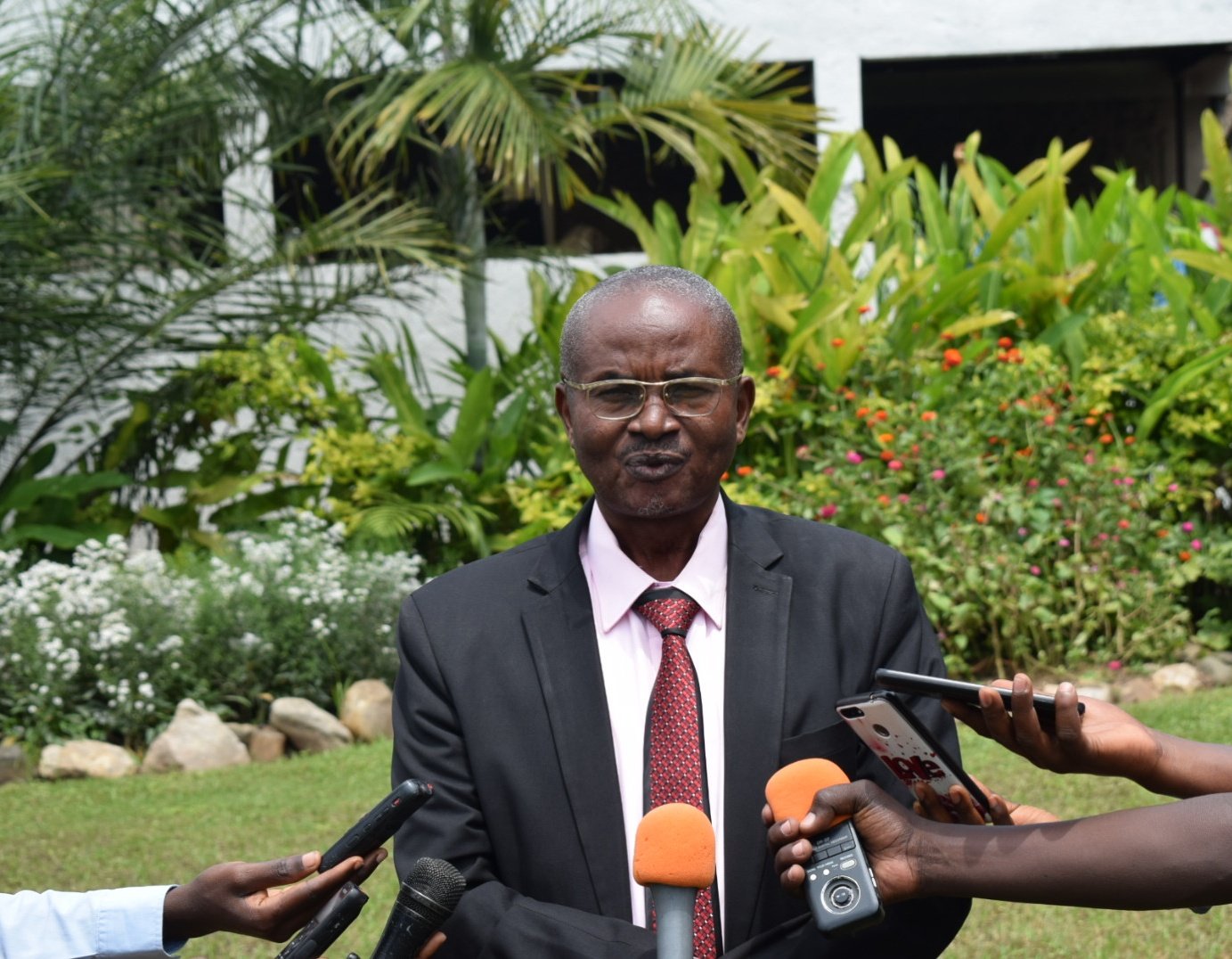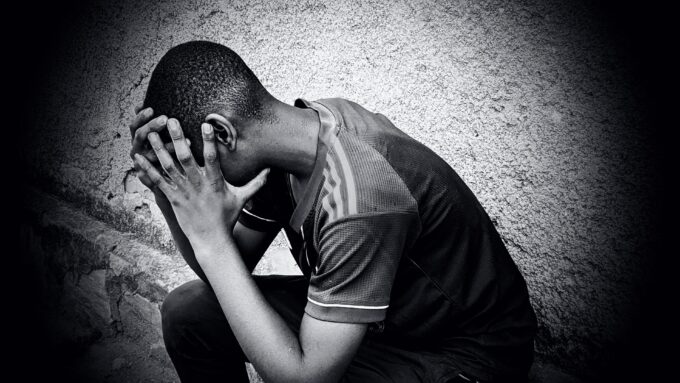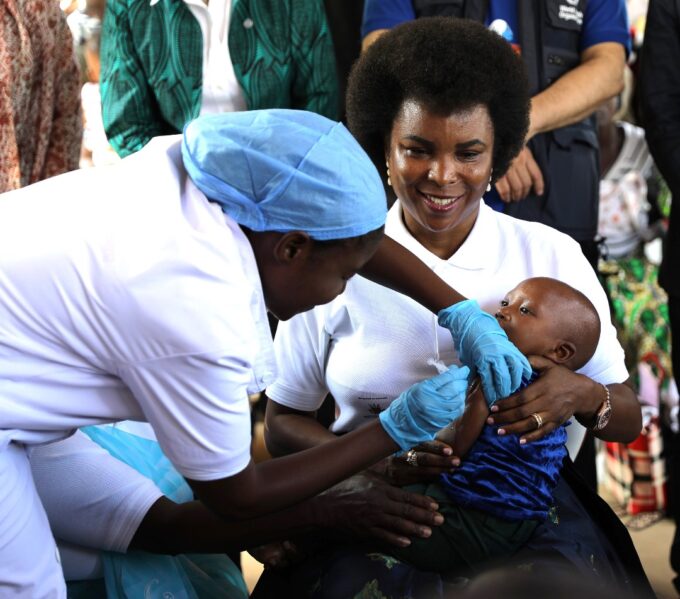People living with HIV/AIDS in Burundi say they are increasingly anxious and vulnerable following the suspension of U.S. foreign aid under the administration of President Donald Trump. The Collective of Associations of People Living with HIV (CAPES+) has voiced alarm over the growing difficulties they now face in continuing the fight against the epidemic.
Speaking to local media earlier this week , Hamza Venant Burikukiye, president of CAPES+, warned that new HIV infections have surged since the United States cut funding at the beginning of 2025.
“There has clearly been a resurgence of new HIV cases. That’s a fact,” said Burikukiye, though he declined to provide specific figures on new infections since the suspension of aid.
He pointed to the halting of U.S. support, previously channeled through USAID, as a major setback in the national HIV/AIDS response. “It seriously disrupted our activities. People living with HIV are now in a state of panic, fearing a shortage of antiretroviral medication,” he said.
Burikukiye explained that testing and prevention efforts had already been slowing down prior to the aid cut. “Just as we were starting to rebuild and respond to the challenges, the U.S. government pulled its support, undermining all the progress we had made,” he added.
In the wake of the crisis, CAPES+ is now in the process of reprioritizing its programs and is seeking to strengthen collaboration with the Global Fund. However, the group says even the Global Fund has felt the ripple effects of the U.S. decision.
CAPES+ is not the only organization affected. In early June, several local NGOs working on children’s rights also raised the alarm over the wide-reaching impact of the suspended aid, warning that it is hampering efforts to protect vulnerable youth.
Burikukiye is calling on all sectors of society to rally behind the national HIV response. “With the limited resources we can mobilize locally, combined with what remains from some international partners, we can still make a difference — but only if everyone gets involved,” he stressed. He urged the Ministry of Public Health and the Fight Against AIDS to take greater leadership in addressing the crisis.
CAPES+ estimates that more than 60 percent of new HIV infections are occurring among young people. According to Burikukiye, the root causes include a breakdown in traditional Burundian values and customs.








Leave a comment